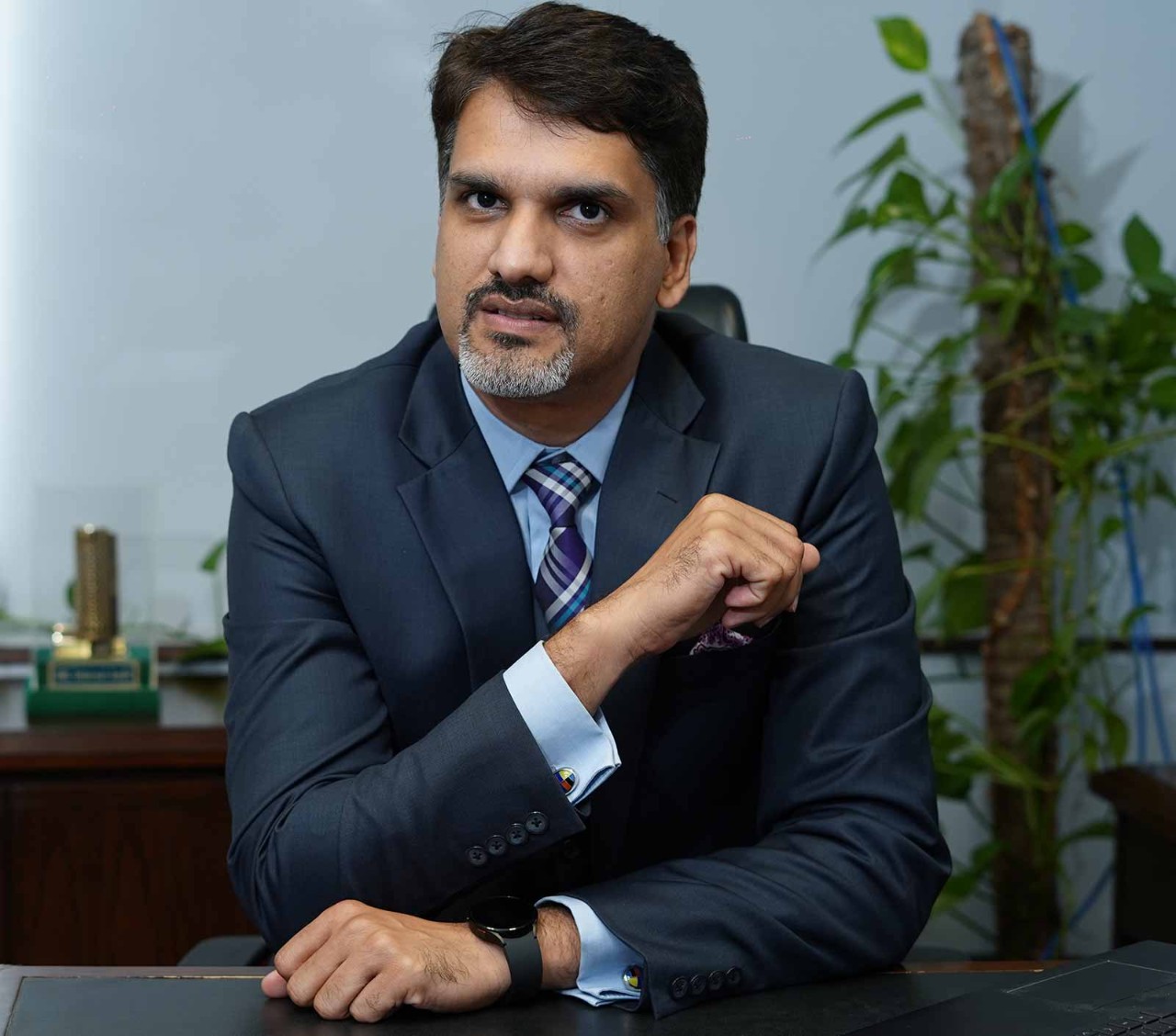
In the campaign to have more than just a handful of women on board seats in the UAE, women leaders can themselves be one of the big drivers of change. Speakers at ACCA’s recent ‘Women in Finance: Leading the Next Generation’ event in Dubai championed not just top-down quotas and bottom-up self-grooming action, but also the need for those few who have made it to, as one speaker put it, ‘send the elevator back down’ so that more can come and join them.
The recommendation was echoed by Helen Brand, ACCA’s chief executive, who was part of a forum discussing the progress notched up in the region to get more women into boardrooms and to offer further practical advice to help encourage future female leaders. Brand identified two standout qualities for good female leaders. ‘The first is that the best female leaders are always ready to hold the door open for other women to follow them, something I’ve experienced myself,’ she said.
‘It is vitally important that those at the top send the elevator back down and help more women take seats in the boardroom’
The second quality is a willingness to take risks. ‘Every successful female leader I’ve met has looked out for and taken opportunities which came their way,’ Brand said. ‘This might have felt uncomfortable at first, but in the end those opportunities been a launchpad to take them into leadership positions.’
The event was part of ACCA Middle East’s Mending the Gap initiative to create more chances for women to succeed in the profession. It champions a united approach to building better paths for women in a region that has already seen huge advances in getting women into boardrooms – but much still remains to be done.
What women bring
Women leaders and industry experts at the event argued the business case for greater female inclusion at senior levels. Other than the moral commitment to fairness and diversity, why should organisations care about bringing more women into the boardroom?
Diana Wilde, founder of Aurora50, a UAE-based social enterprise, gave one answer: ‘It’s about women asking different questions to men. When you have that diversity of thought, people ask different questions, which means IQ and knowledge is of greater value. As a collective, a mixed group, the intelligence goes up. You ask different questions, you are going to get better answers.’
‘There’s a huge amount of talent here that is untapped. It’s just difficult to see it’
And Hisham Farouk, CEO of Grant Thornton UAE, told attendees: ‘When women come onto a board, the dynamics completely change, and the value of the output completely changes. There is also an intangible value to society.’
Wilde later went on to say that Aurora50’s first initiative was to increase the number of women on boards in the UAE through its Pathway20 accelerator programme. ‘There’s a huge amount of talent here that is untapped. It’s just difficult to see it. Everybody plays a role in that, women included,’ she said.
Quotas
In 2020, just 3.5% of board seats of listed companies in the UAE were filled by women. In 2022 the figure has jumped to 8.9%. One of the reasons for this sharp rise is the quota system that was put in place in 2021 by the country’s Securities and Commodities Authority (SCA). The SCA made it a requirement for listed companies to have at least one woman in their boardrooms by 2025.
While the topic of quotas is often vexed, most of the leaders and experts at the event spoke out in favour as way of helping to break the male-dominated status quo in boardrooms.
Jane Valls, executive director at the GCC Board of Directors Institute, argued that three was the magic number here, as just one woman on a board could be seen as tokenism and two as a powerless minority. ‘It takes three women to make a real change and be heard,’ she said, ‘so we look for 30% in the boardroom. If you are a lone woman in the boardroom you need to be a strong woman; it’s not an easy place to be, not always comfortable.’
Wilde added: ‘It has a trickle-down effect. If we see more women in boardrooms, we see more women in management, and that in itself encourages more women to go and work for those companies. It creates this virtuous circle, and this is incredibly important for us to do.’
Giving back
The SCA quota ‘has been huge in terms of having boards actively looking for female talent, seeking out board-ready women’, said Wilde. However, the 8.9% figure is still low compared with the board gender mix in other countries, so Wilde put forward her own five-step plan to help speed up female inclusion in the boardroom.
The first step is for women to strategically plan their own careers, with the next step being the building of competency, experience, connections and soft skills. Branding is the third step, with women leveraging their network, while step four focuses on developing an executive and board career while maintaining a good work/life balance.
The fifth and final step is giving back. Wilde said: ’It is vitally important that those at the top send the elevator back down and help more women take their seats within the boardroom. If you can mentor or coach you can support more women. You don’t have to wait until you are in the boardroom before you start driving that difference.’
Leading the charge
The importance of women leaders doing their bit for women of tomorrow was also stressed by Brand. ‘As leaders of business today we share a duty to make sure that we help the next generation to find fair and equal opportunities,’ she said. ‘The work you are doing to further the cause of fairness and opportunity for women in this region is an example to the world.’
Further endorsement for women leaders and Emirati women came from Amna Abdulaziz Alhambra, general director of the Emirates Association for Accountants and Auditors. ‘You are the asset of the UAE,’ she declared. ‘You should continue to explore your talent and ability, and overcome all the difficulties you face to continue to be role models.’



